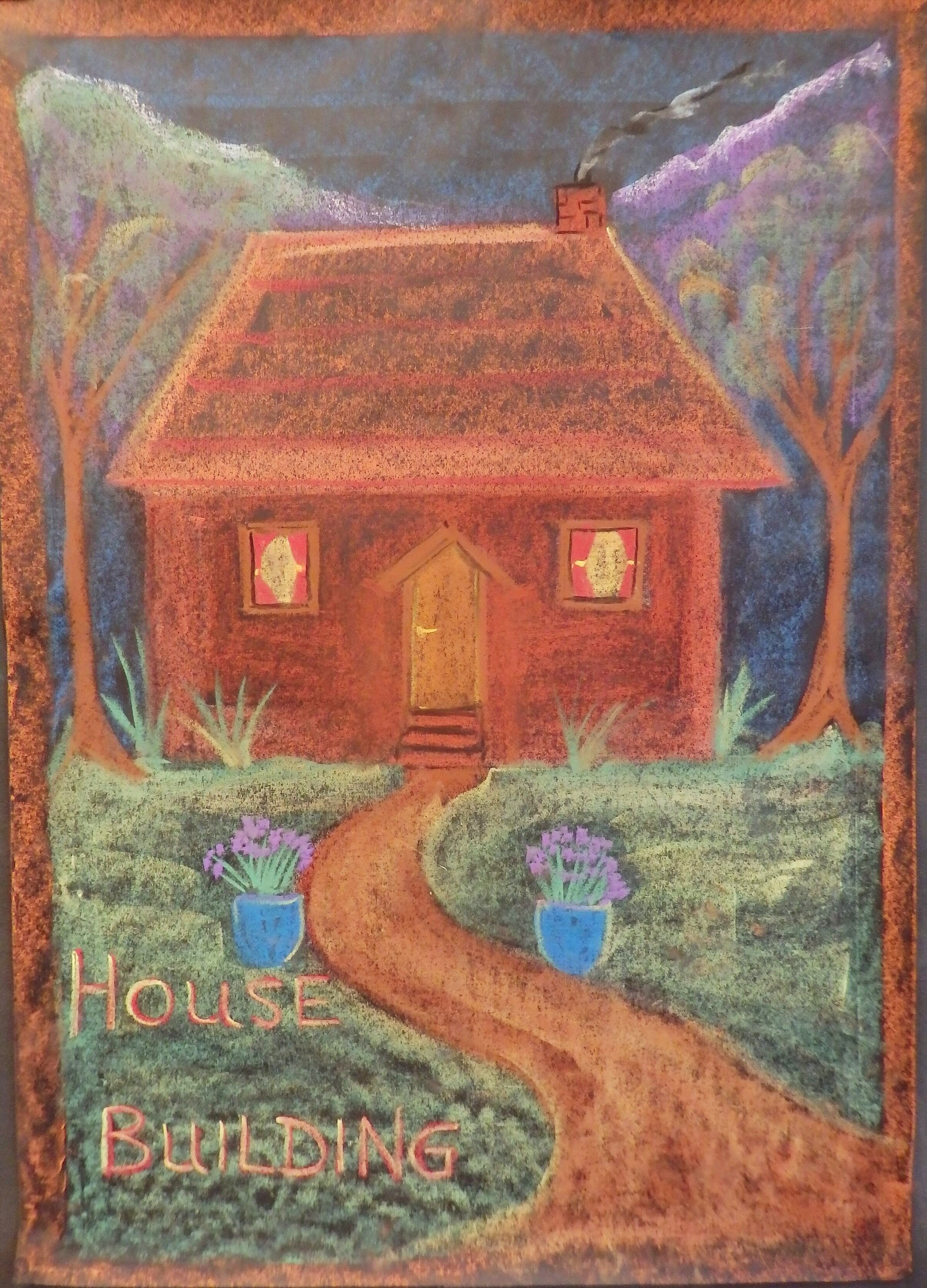Grade Three
Grade Three Learning Objectives
MORNING LESSON SKILLS
Developing classroom rhythm and habits, listening and communicating constructively in and through Class Council, building confidence and positive self-image, developing a sense of discernment
LANGUAGE ARTS
Cursive writing, parts of speech, grammar and punctuation, reading, spelling, oral recitation, drama
LITERATURE
Hebrew stories, legends, world creation stories
MATHEMATICS
Four operations continued: multiplication, division, addition, subtraction facts; measurement: time, linear, dry and liquid, weight, and money; computation and problem solving; carrying and borrowing; long multiplication and division; estimation
ART
Beeswax modeling, painting, and drawing
WORLD LANGUAGE
Japanese (songs, dances and games, poetry and stories, color and action words)
HANDWORK
Crocheting practical objects, carding and drop spindling, plain weaving, practical arts
MUSIC
Diatonic flute, singing
Science/Environmental education
Housebuilding, farming and gardening, soil maintenance, animal care, composting, introduction to climate studies, salmon life-cycle (includes annual salmon release and watershed restoration)
movement
Cooperative games, weekly Aikido classes
FORM DRAWING
Vertical symmetry forms, forms of metamorphosis, Hebrew and Arabic alphabet
“I believe that the yarn we spin is capable of mending the broken warp and woof of our life. The charkha (spinning wheel) is the symbol for nonviolence on which all life, if it is to be real life, must be based.
”
Third graders thrive on work and accomplishment, building self-esteem through hands-on challenges. They explore respectful relationships with the earth by studying Native American, Hebrew, and Arabic legends, which also serve as models for learning parts of speech and crafting strong sentences.
Students engage deeply with gardening and farming, working in the school garden, identifying grains, and exploring how different cultures depend on them. Weekly activities like gardening, cooking, baking, and building foster self-reliance and practical skills. Geography lessons focus on global housing and building styles, culminating in students designing and constructing model houses.
In Math, students expand their knowledge of place value, carrying, borrowing, and long division. Measurement studies connect to ancient civilizations, while reading supports every subject, with regular classes and individual assessments throughout the year.
Physical activities like cooperative games, jump rope, and Aikido build coordination and spatial awareness, linking movement to intellectual growth. In Handwork, students learn to crochet and explore fiber arts.
Grade Three highlights include an overnight farm trip, a small on-campus building project, and a class play based on the year’s themes, bringing learning to life in memorable ways.
Subject Classes
Japanese
Third grade is a year of growth and independence in language learning. Students continue full immersion in Japanese, engaging through conversation, greetings, songs, poetry, games, and cultural stories. They are introduced to the written language and build on the main lesson curriculum through Japanese.
Handwork
Students learn to crochet, a rhythmic activity that improves focus, fine motor skills, and coordination while promoting calm and well-being. They explore natural fibers like wool, alpaca, silk, cotton, and flax, and even raise silkworms to experience the silk cycle firsthand.
Movement
As third graders develop a stronger sense of self, movement activities support emotional growth and independence. Games introduce the concepts of winning and losing, encouraging resilience. Imaginative play remains key to fostering creativity and connection as students learn to navigate their changing awareness of themselves and others.
Environmental Education
Students deepen their understanding of their local bioregion through the Cedar River Salmon Journey. They care for salmon eggs on campus and release them into the river. As school garden stewards, they oversee the seed-to-table process, fostering an eco-conscious mindset and understanding the impact of their choices on the environment.
Curriculum Trips
Third graders are ready for overnight trips. They join other regional Waldorf schools at a biodynamic farm, learning hands-on about farming, earth stewardship, and caring for animals.











